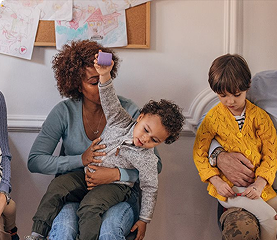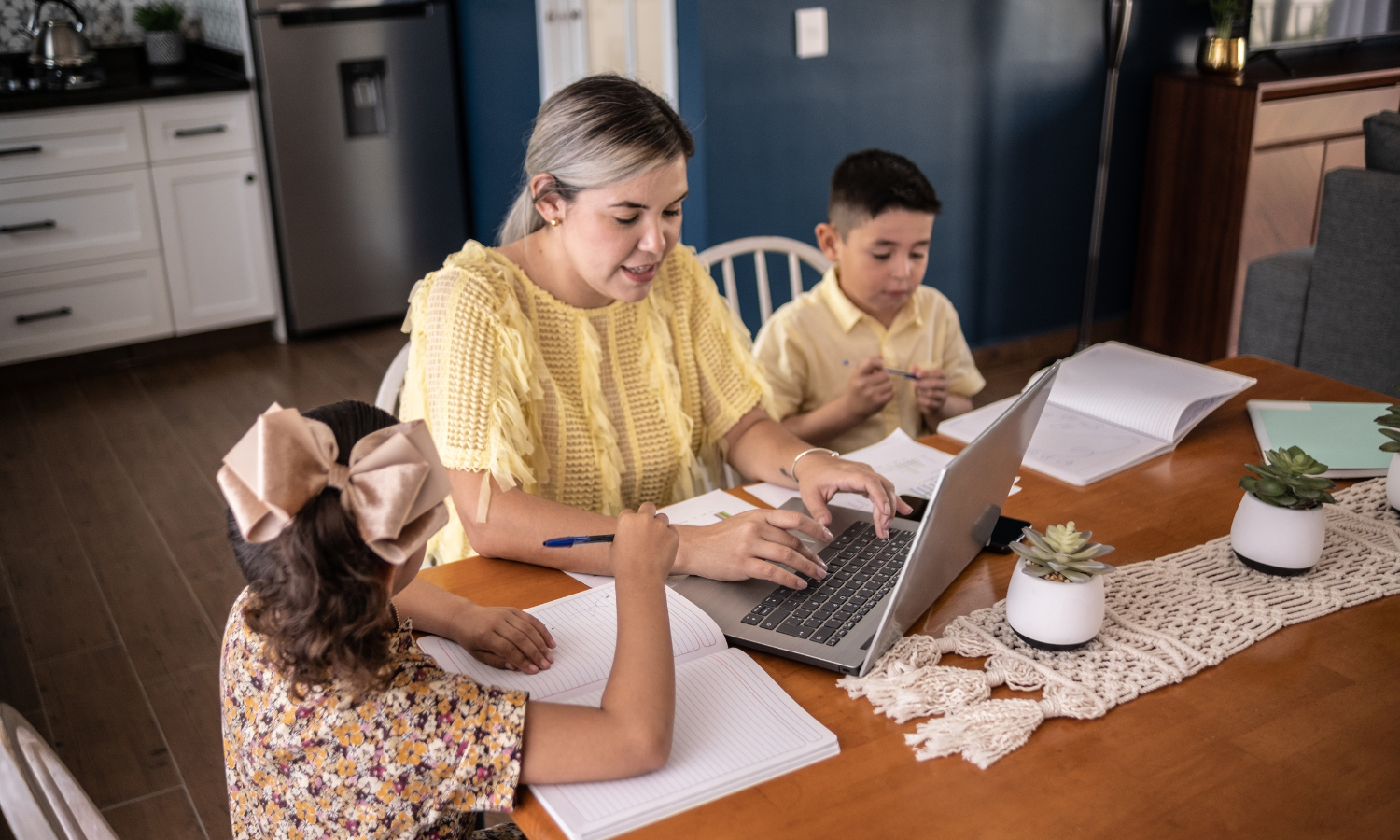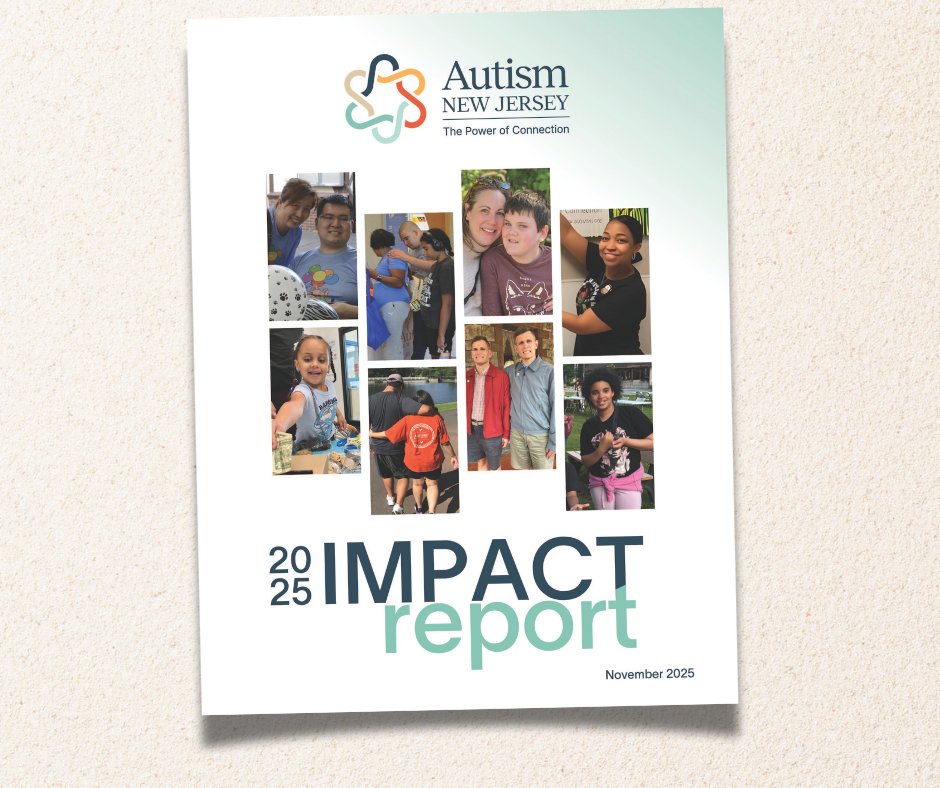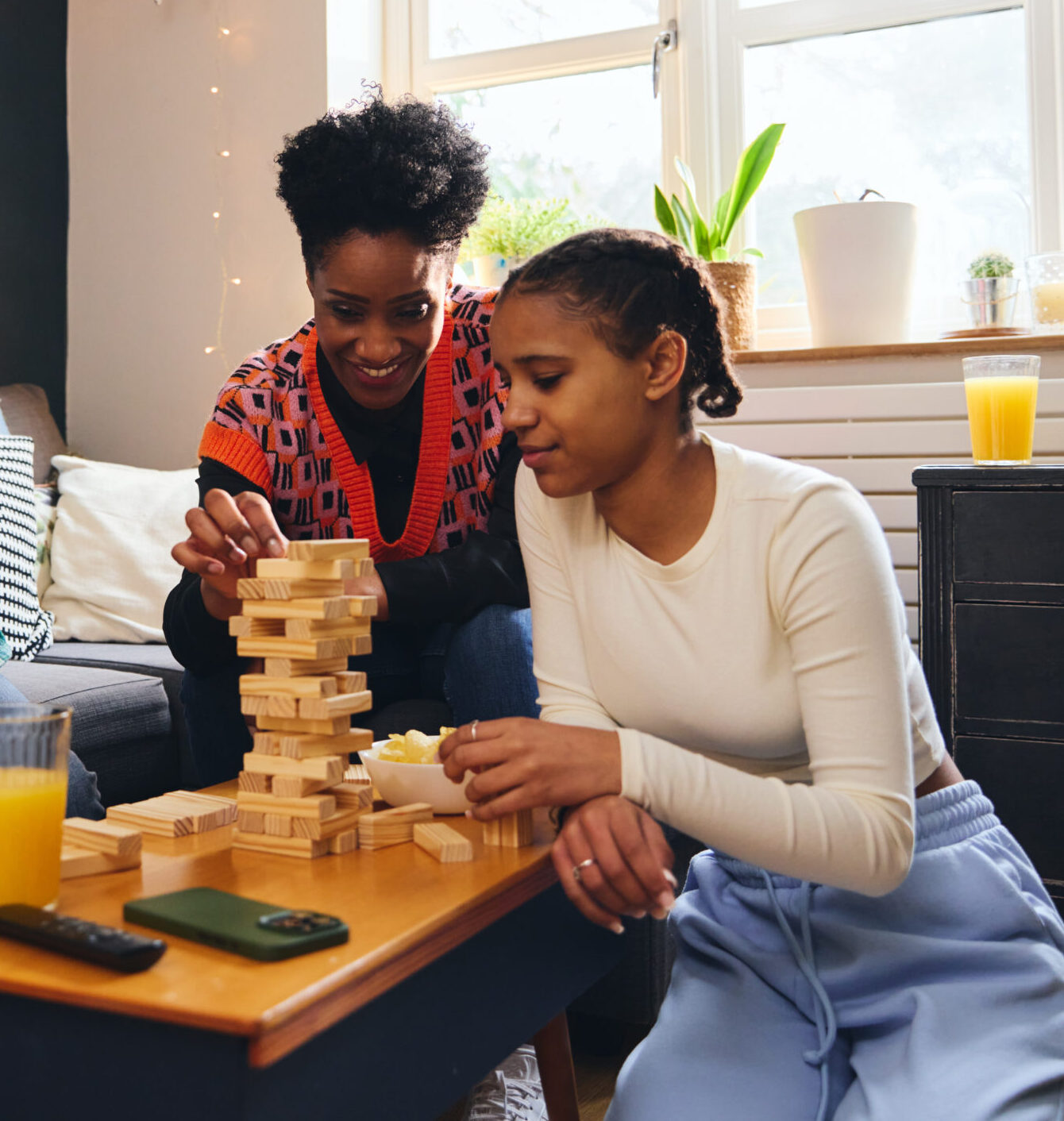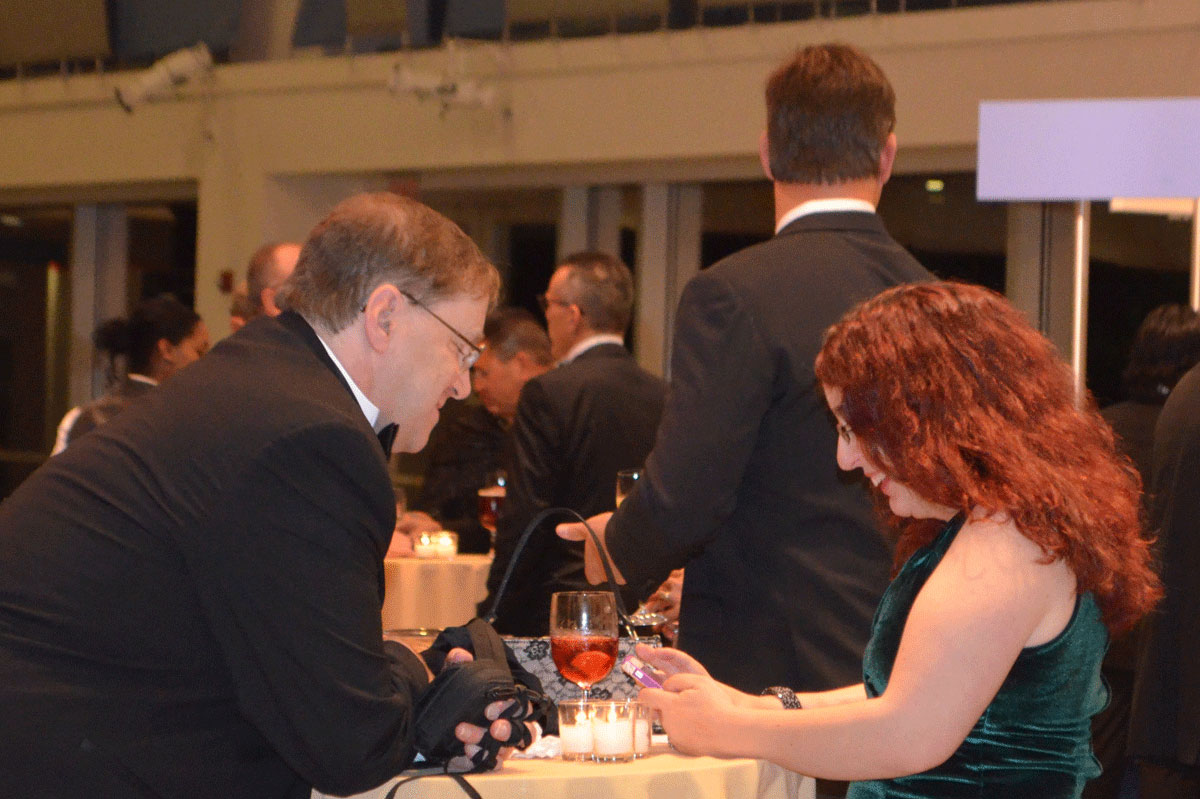
By Amy Gravino
As a person on the autism spectrum, I have struggled with and achieved many types of independence, such as going to college, living on my own, learning how to cook, and starting my own business. I received varying degrees of assistance with each of these endeavors, but when it came to sexual independence, I was left to figure that out on my own.
Parents and professionals alike tend to be nervous and uncomfortable when broaching the subject of sexuality and autism. Young adults and adults with autism are faced with so many other day-to-day challenges—such as problems at school or work, eating issues, disruptive sleep patterns, and sensory overload—that talking about sex more often than not ends up on the back burner, if it gets discussed at all.
For me, growing up as a teenager and now as an adult on the spectrum, learning how to take control of my own sexuality and having the ability to make informed decisions about sex has proven to be as or even more valuable than any other skill I have learned. I first began having crushes and developing an interest in boys around age 11, and my curiosity about sex heightened at 14, the same age as my neurotypical peers. But I didn’t have my first kiss until I was 17 years old, and I had sex for the first time at 22.
When I did become sexually active, starting in college, a dearth of prior learning opportunities combined with a lack of access to information and my own crippling low self-esteem meant that I was not able to fully advocate for myself. I believed that my inexperience meant that I could not speak up, and I deferred to my partner in all circumstances—including assessing my own level of enjoyment. It was only as time went on and my self-confidence grew that this began to change.
As the author of “The Naughty Autie” and an international speaker on the subject of autism and sexuality, I often hear from parents and professionals about their fear, concern, bewilderment, and uncertainty over recognizing and supporting their child or client’s sexuality. Many parents flat-out refuse to see their young adult child as a sexual being, thinking that if they ignore it, it will simply go away. But many others realize that this is not the case and are left struggling with a lack of strategies for how to talk to their child about sexuality.
Below are four steps that can help parents and professionals to open a conversation about sexuality with their autistic child or client:
- Get past the “blushing cheek” phase. As mentioned previously, this is often a difficult topic for parents to broach, but if you are embarrassed or ashamed to speak honestly about sex, your child will feel the same way. Shame is not something that typically comes naturally to individuals with autism, and introducing it in the context of sex can and will cause more harm than good.
- Create boundaries from an early age. What is considered “cute” at age 5 is much less cute at 15, and can potentially lead to criminal charges at 25. Establishing clear and firm physical boundaries with your child/client isn’t always easy, but if you first teach autistic individuals that their body belongs to them, that can be used that as a springboard to teach the boundaries of others. Teaching what behavior is acceptable and with whom can be instrumental in preventing unintentional boundary violating and serious legal/criminal issues in the future.
- Focus on consent. You don’t have to give every piece of information about sexuality all at once, but waiting until your child is already at the point of wanting to be sexually active is waiting too long. Consent—both how to give consent and how to receive it—can be addressed from a young age and in non-sexual/romantic contexts.
- Give your child or client information about sex. Knowledge is empowerment. While parents still tend to think that their child will want to have sex if they are given information about it, the truth is that having clear, accurate, explicit information enables autistic people to make smart, informed decisions about their sexual desires and well-being. The best way to prevent victimization among autistic people is to give us the opportunity to be empowered adults who have the ability to declare our own sexual independence.
My personal journey with sexuality and dating is an ongoing one. I have been heartbroken on more than one occasion, and I’ve made some questionable choices as a result. But it is my mistakes that have helped me to grow and learn how to live in this world the most, and just as every autistic person is different, so is the process of becoming sexually independent for each person. Where we might wish someone to be on that continuum of sexual independence isn’t always where they actually are, so it is important to be prepared with strategies that can help individuals with autism regardless of their sexuality or sexual interest level.
Above all else, remember to give your child or client a chance to experience their sexuality, to love, and to make mistakes as everyone else makes mistakes. To deny that autistic individuals are sexual beings is to deny a part of their humanity. As uncomfortable as it may be for many, it is necessary and important to have these conversations and to gradually eliminate the stigma around autism and sexuality.
Amy Gravino, M.A., is Certified Autism Specialist and international speaker. As the founder and President of A.S.C.O.T Consulting, Amy offers autism consulting and college coaching services for individuals on the autism spectrum, mentoring services for young adults with autism, and professional presentations for conferences, autism events, schools, and professional development workshops. Amy has given two TED talks and spoken to numerous audiences on a variety of topics, including autism and sexuality; issues faced by girls with ASD; growing up on the spectrum; bullying and bullying prevention; and preparing individuals on the spectrum for higher education. Amy obtained her master’s degree in Applied Behavior Analysis from Caldwell University in 2010, and currently serves on the Board of Directors of Yes She Can, Inc. and the Golden Door International Film Festival of Jersey City, and as co-facilitator of the Morris County support group chapter of ASPEN-NJ. Amy is now authoring “The Naughty Autie,” a memoir of her experiences with dating, relationships, and sexuality from the firsthand perspective of a woman on the autism spectrum.
For more information or to contact Amy, please visit www.AmyGravino.com.


